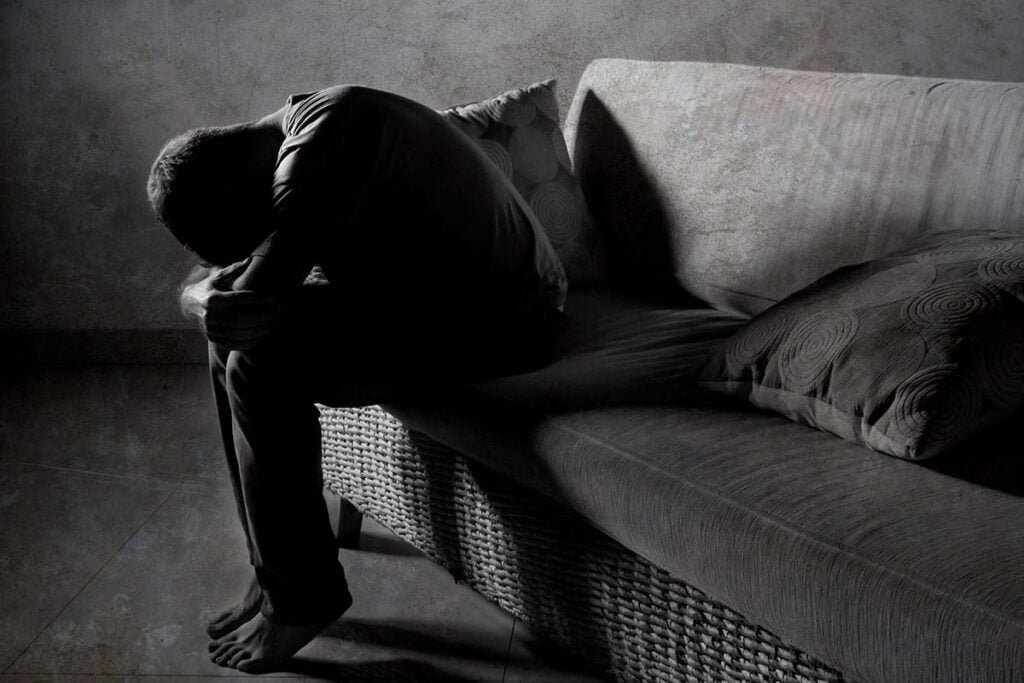Across America, the opioid epidemic has destroyed individuals and families, from inner cities to rural communities. Opioid is an umbrella term that often includes opioids and opiates. Massachusetts residents struggling with addiction and dependency on painkillers need an opiate addiction treatment program in Massachusetts.
- Opiates refer to natural opioids derived from the opium poppy plant, such as heroin, morphine, and codeine.
- Opioids refer to all natural, semisynthetic, and synthetic opioids – an umbrella term that includes opiates.
Despite the slight differences, all forms of opioids can lead to addiction, dependency, and the risk of death from overdose. Call Swift River today at 413.570.9698 to learn more about the signs of an opiate overdose.
What Are The Most Commonly Used Opiate Drugs?
Opiates most often appear in the form of prescription painkillers. However, these prescription medications can vary in potency since not all opiates are equally strong. Often OTC painkillers like Tylenol will be combined with an opiate such as codeine to create a stronger painkiller than regular Tylenol. However, extremely potent opiates like heroin have no medically accepted use and are illegal.
Some of the most commonly used opiates are:
- Heroin
- Morphine
- Oxycodone
- Tramadol
- Fentanyl
- Methadone
- Hydrocodone
- Hydromorphone
- Meperidine
- Oxymorphone
- Codeine
- Opium
What Are The Short-Term Effects Of Opiates?
The short-term effects of opiate drugs are:
- Pain relief
- Euphoria
- Drowsiness
- Confusion
- Nausea
- Constipation
- Slowed breathing
- Death (from overdose)
Not everyone reacts to opiates the same way due to variables like age, weight, the amount used, tolerance, diet, the frequency of use, and type of opiate. There are many different types of opiates, but the most dangerous drugs tend to be fentanyl, oxycodone, tramadol, heroin, and morphine—and the more people use them, the more of a problem it becomes.
How to Tell if Someone Has a Prescription Drug Addiction
Signs of opiate addiction aren’t always apparent, but sometimes the short-term effects will serve as indicators of a real problem. Additionally, those who use opiates will spend a lot of time alone, often become irritable, drowsy, or have an increased tolerance.
Unfortunately, as a person becomes addicted to opiates, they tend to lose interest in hobbies and social activities, lack the motivation to do even essential tasks and have unexplainable financial issues. They may begin to use more of the drug, likely leading to an overdose. As with the long-term use of many other drugs, when the opiates wear off, the withdrawal symptoms begin to set in. These generally drive an opiate user to return to the drug because they are extremely uncomfortable and can even be life-threatening.
Signs of Opiate Overdose
Not every opiate overdose or overdose timeline looks the same. They can depend widely on how much of a drug a person has used. Additionally, other variables like the presence of other drugs or alcohol in the system and the specific type of opiate used can affect the outcome.
Some of the most common signs of an opiate overdose are:
- Acting drunk or uncoordinated
- Shrunken pupils
- Blue or black fingernails
- Clammy and pale skin
- The skin may also change to a darker blue or grayish tone
- Inability to communicate effectively
- Shallow breathing or no breathing
- Choking or vomiting
- Heart rate slows down or is offbeat
- Muscles and body becomes limp
- Loss of consciousness
- Unresponsiveness
Seek Treatment for Prescription Drug Addiction in Massachusetts
An addiction to opiates is a very serious problem that can be best treated in an inpatient rehabilitation setting. Medical detoxification is often necessary to help individuals get through physical withdrawal.
A detox may be paired with medication-assisted therapy (MAT), which can help make withdrawal easier to handle by mitigating some painful symptoms. Medical detox and opiate treatment are just the first step in the healing process and should be followed up by inpatient care tailored to the person’s individual needs.
If you or someone you care about is struggling with opiates, call Swift River today at 413.570.9698 to speak with a treatment specialist.












